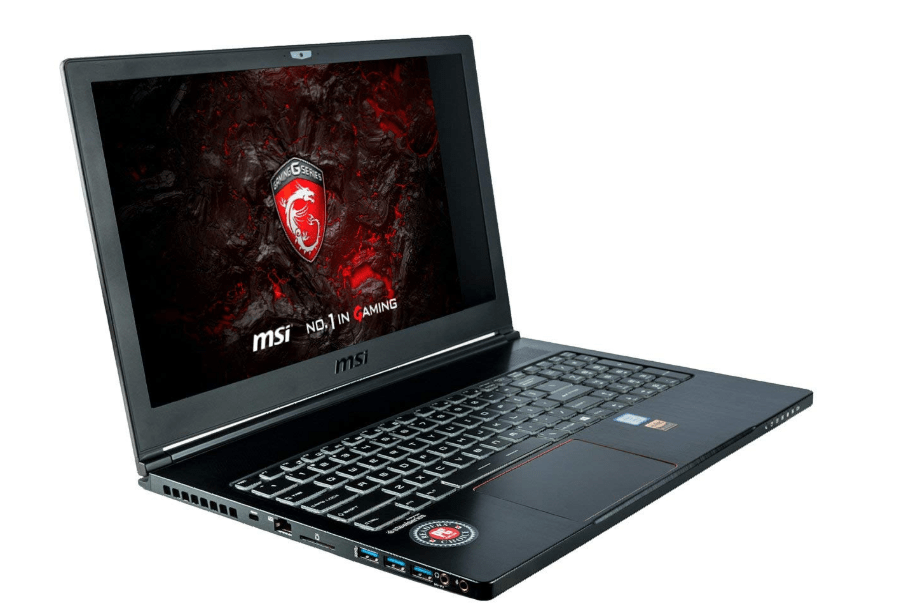Choosing The Right Laptop For Deep Learning

Deep learning is a computationally-intensive task. It requires a computer with top notch performance which means the highest specifications possible. Due to the power requirements, most people who are engaged in this activity will opt to build their own desktops. This is the most logical way to get the best price-to-performance ratio. However, some people prefer a laptop due to practical reasons such as working both at home and at school. This can be challenge but it is not impossible. There are certain models that can provide decent performance for a compact package. Just make sure that you consider the following when choosing the right laptop for deep learning:
Budget
As stated, it would be easier and cheaper to build a desktop rig with high specs than to purchase a laptop with similar numbers. You would have to spend a fortune if you really want a laptop that can get the job done. This is the same dilemma that plagues the gaming and video editing crowd. Be sure to set aside a budget that is no less than $1,000. In fact, those who are after excellent results may have to shell out as much as $3,000. Think about whether you are prepared for this type of expense and see how you may be able to fund it.
Processor
The central processing unit has the biggest impact on your work so do not skimp on it. Experts recommend a Core i7 for this purpose as it has the power to crunch the numbers in the fastest time possible. Get this and nothing less. Although it may be cheaper to purchase a Core i5, it will simply struggle to produce the results that you need to be effective. Performance will suffer and your time will be wasted. Read the reviews and comparisons to see just how big the difference is. Consider whether you are willing to make the trade-off if you have a tight budget.
GPU
The graphics processing unit will also be a big factor in the selection. You should absolutely get a unit that have a dedicated GPU as it will be much more powerful than a built-in GPU. This should also have decent specifications to be good at deep learning. Right now, you should be looking at NVIDIA cards in the 10 or 20 series. They are leaps and bounds better than their predecessors.
Memory
You can’t get too much RAM. Max out your memory slots if you can. Check the laptop’s maximum capacity and see if it is upgradeable. You may find models with two or even four slots. Get modules that are compatible with each other to avoid issues. Don’t go under 16GB. If you can push it to 32GB or higher, then go ahead and do so.
Portability
Powerful laptops have power-hungry components that produce a lot of heat. They require multiple fans and clever design for optimum airflow. Due to their cooling requirements, these tend to be large and heavy. Some manufacturers have been able to produce relatively lighter models but they do come at a cost. Choosing the right laptop for deep learning is all about weighing all these factors and finding a way to fund the unit.






